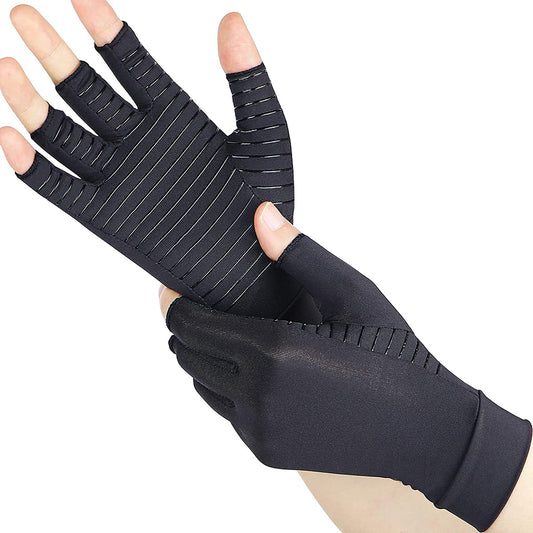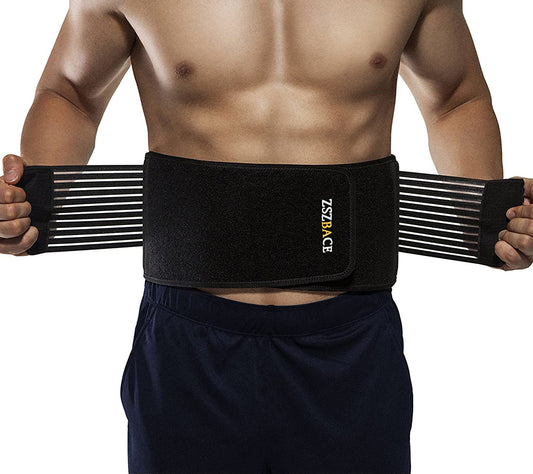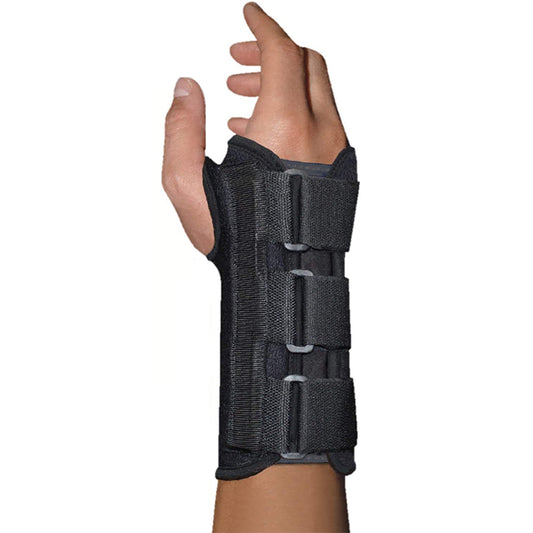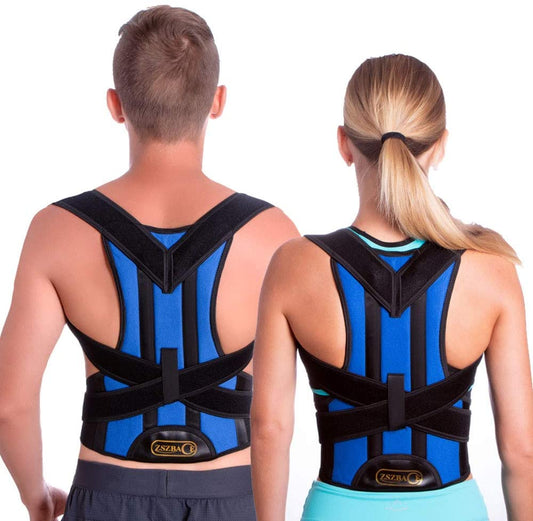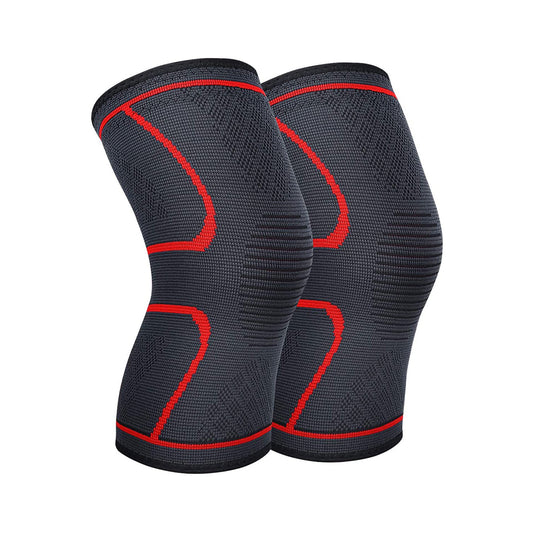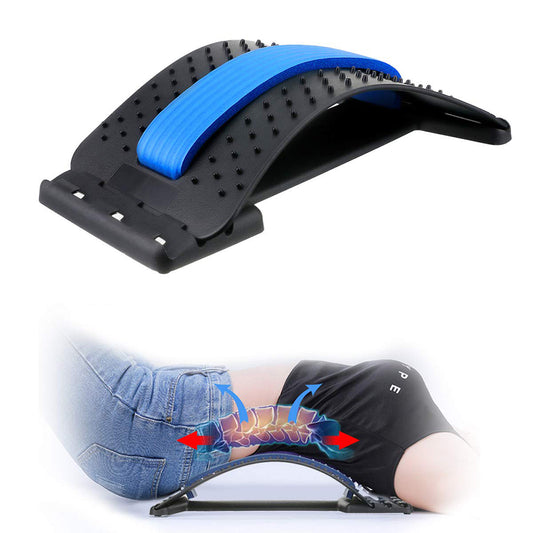
Are Belly Bands Safe During Pregnancy?
Share
What are belly bands?

Belly bands are stretchy garments designed to support the lower back, hips, pelvis, and abdomen during pregnancy. While there are many benefits to belly bands, there are risks. Belly bands can cause muscle weakness and overdependence due to overuse, changes to your baby's heart rate, increased pain, and skin irritation.
During pregnancy — and after — women often utilize maternity support garments to help alleviate pain, remain more active, or support their pre-pregnancy wardrobe. Maternity support garments such as belly bands can help alleviate discomfort, lower back pain, and pelvic girdle pain throughout your pregnancy.
However, belly bands should be worn in moderation and with caution to avoid any potential adverse effects.
Belly bands are stretchy tube-shaped garments that mothers-to-be wear around their belly. They can cover unbuttoned shirts or pants to accommodate your growing tummy, but the belly band can also help support your lower back and hips through light compression.
Belly bands are also known as belly sleeves, maternity bands, or pregnancy bands. They are similar to belly belts, which are more rigid and offer greater support for your abdomen, hips, pelvis, and lower back. Postpartum belly wraps or girdles — which offer structured support for postpartum recovery — are sometimes referred to as belly bands.
Benefits of wearing a belly band during pregnancy
Pain relief
For many pregnant women, back and joint pain is a constant struggle. Many women experience a wide range of pain, including:
-
Sacroiliac and ligament joint pain
- Lower back pain
- Pelvic girdle pain
Lower back pain and pelvic girdle pain is especially common and can be frustrating — or may make it difficult to engage in your typical daily activities.
Wearing a belly band when you’re pregnant can potentially help support your back and your baby bump, especially during activities. This can result in a decrease in pain and improvement of overall comfort.
Support during physical activity
Research shows that exercise during pregnancy offers consistent benefits for both the mother-to-be and her growing baby. Routine exercise can help prevent conditions such as preeclampsia, prenatal depression, and gestational diabetes.
Moderate to high-intensity exercise has proven to be typically safe in most pregnancies, but you should always consult with your doctor before incorporating new exercise routines during pregnancy.
The gentle compression of the belly band can help support your growing baby bump and make physical activity more comfortable and enjoyable.
Improved posture
During pregnancy, your growing baby can put a lot of pressure on your spine. This pressure can lead to lower back pain and soreness, but the belly band can help support correct posture and prevent overextension of the back.
Postnatal support
After your baby has been born, you may find that you have decreased core strength. This is because of the stretching of the muscles and ligaments that naturally occurs during pregnancy. Research shows that, when combined with core exercises, wearing a belly band can help support the abdomen and lower back as you heal from pregnancy and childbirth. The result is a noticeable decrease in discomfort.
Belly bands can provide benefits to women who have experienced diastasis recti, or the separation of the abdominal muscles, by physically helping to pull the abdomen muscles closer to one another.

16 Early Signs & Symptoms of Pregnancy: Could You Be Pregnant?
Risks of wearing a belly band during pregnancy
While wearing a belly band can offer benefits to many pregnant and postpartum women, there are risk factors to consider. No matter what the purpose of your belly band, it is essential that you only wear the band for a few hours at a time. Overuse of the belly band or any support garment can weaken your muscles and promote overdependence.
Belly bands should be used as a part of a core strengthening regiment during pregnancy and after. While belly bands can offer pain-relief and support, they cannot replace core strengthening exercises.
Before using any compression or support garments, always consult your physician. Belly bands or pregnancy belts can cause changes in your baby’s heart rate, increased pain, muscle weakness, and skin irritation.


